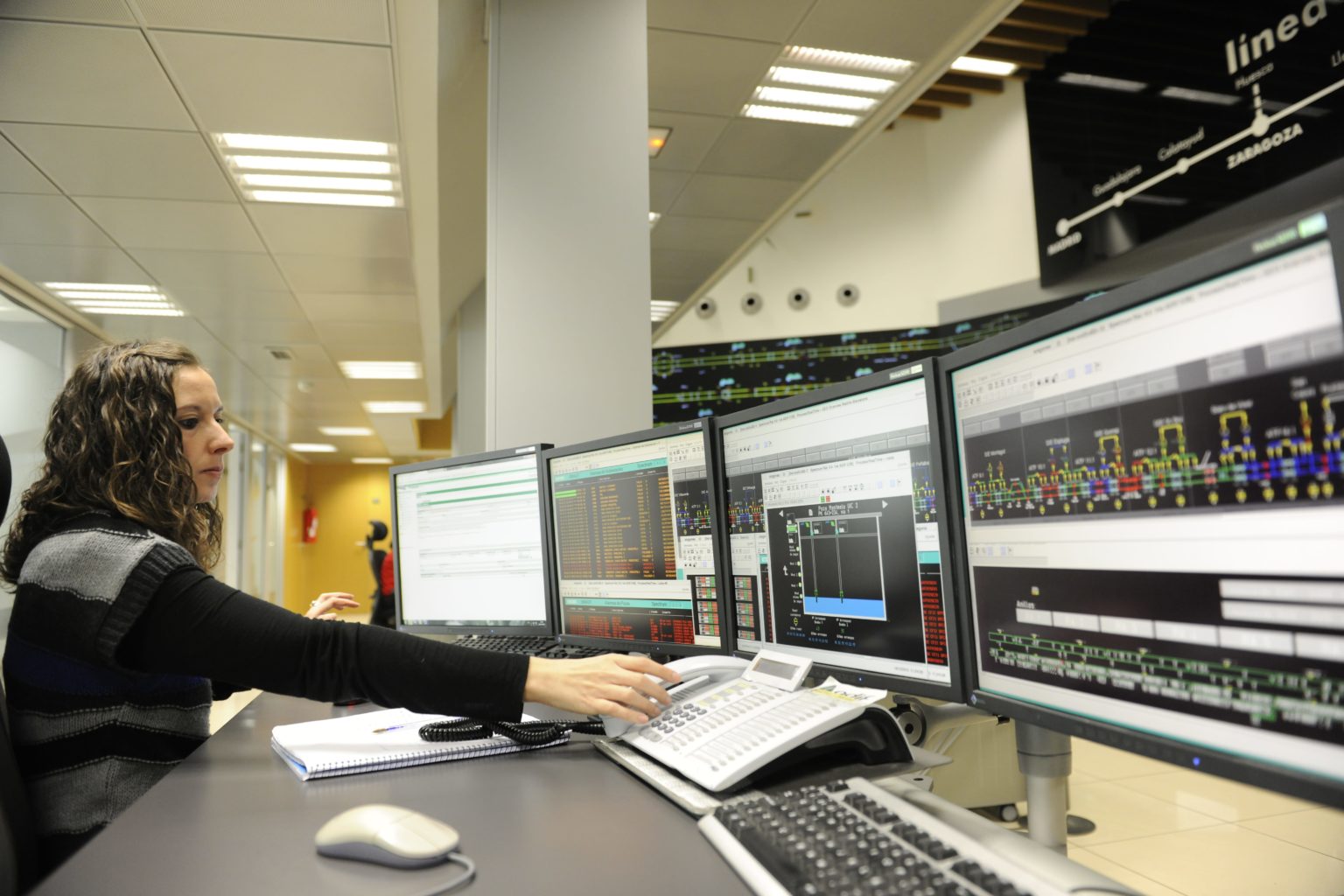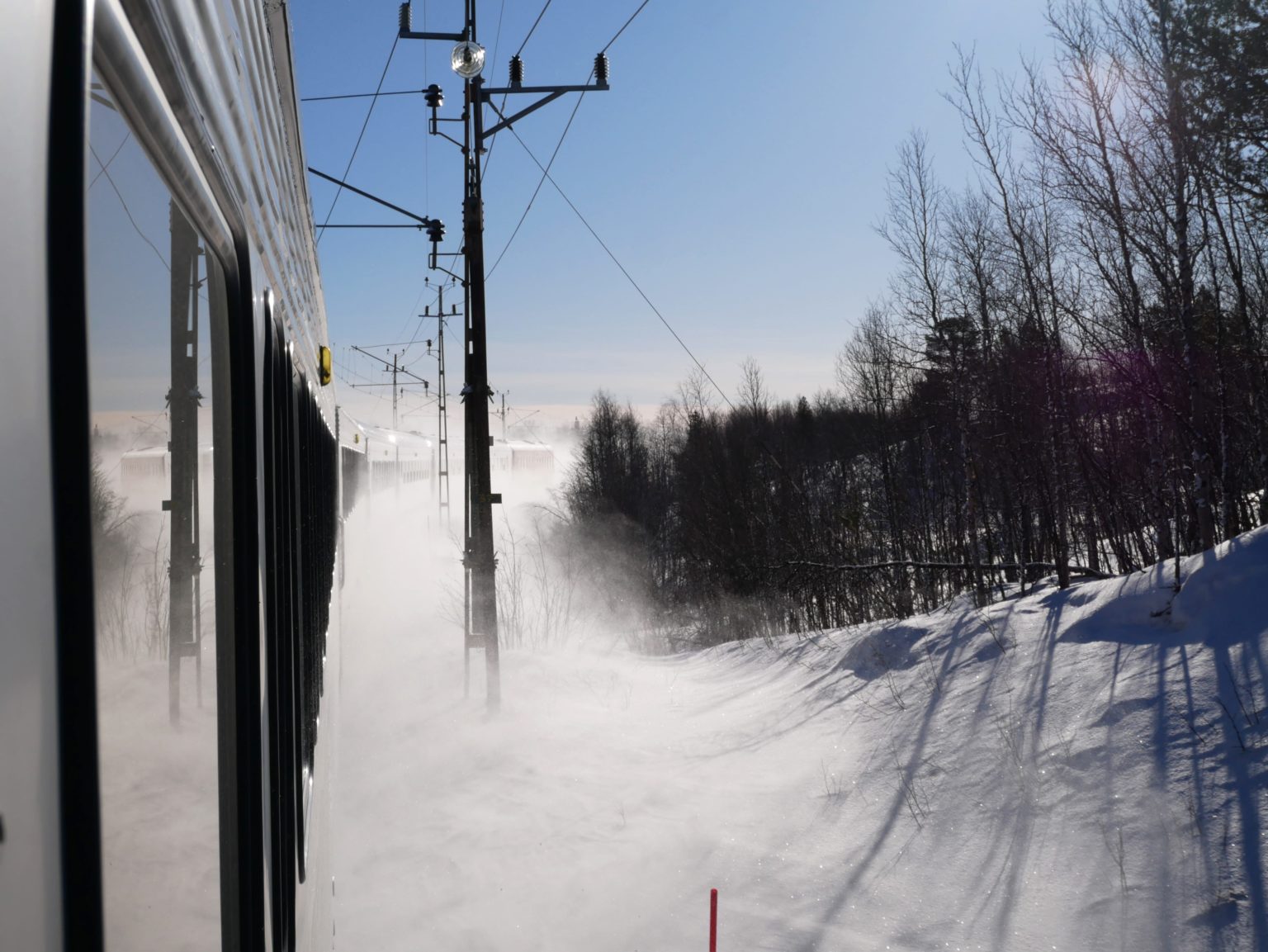


Operations and Performances
Operations
Objective
Interoperability of rail operations and traffic management across Europe is crucial for the safety of passenger and freight trains, in particular for cross-border services. The EU aims to achieve interoperability in this domain via the implementation of the Technical Specifications for Interoperability for Operation and Traffic Management (TSI OPE) (Regulation (EU) 2023/1693 amending Implementing Regulation (EU) 2019/773). TSI OPE sets the responsibilities between rail Infrastructure Managers (IMs) and Railway Undertakings (RUs) regarding the operations and traffic management (e.g. train composition issues, on-board equipment failures, emergency evacuation, pre-departure checklist tests, operational instructions, degraded working and management of emergencies).
EIM in action
- EIM’s WG “OPE” (operations) deal with all interfaces between IMs and RUs, notably the definition of communication principles and procedures and the design of new forms of safety-related information.
- EIM’s WG “OPE” participate actively in the corresponding EU Agency for Railways’ (ERA) OPE Working Party (OPE WP) and the ‘ERTMS Operational Harmonisation Working Group’ (OH WG), as well as in the dedicated ERA Taskforces for the TSI OPE.
- EIM’s WG “OPE” – in conjunction with other sector organisations and ERA – are active:
- In reviewing, updating and defining harmonised operational rules in the Core TSI OPE and its Appendices throughout each Revision Cycle.
- In providing feedback and input on operational requirements for harmonised systems, e.g. ERTMS and FRMCS.
- In proposing amendments and in reviewing proposals to amend the TSI OPE following technical developments and innovations, Change Requests and JNS recommendations requiring harmonised operational rules.
- In updating the TSI OPE Application Guide when necessary.

EIM actions in 2023
EIM’s WG “OPE” experts:
- Analysed in detail the RISC drafts provided by the European Commission (EC), to provide input to RISC representatives in preparation of EC Expert Groups and the final vote during RISC 98 on the TSI OPE version 2023.
- Participated in the update of the TSI OPE Application, in reviewing draft versions provided by ERA and by introducing comments and proposals, including assisting ERA by providing filled-in examples of European Instructions.
- Followed up on actions set out by ERA for the OPE WP and OH WG.
- Collaborated with EIM RINF experts for the provisions in the future TSI OPE version 2023 regarding RINF, taking into account the amended future RINF Regulation version 2023 and the future developments of the RINF tool.
- Collaborated with CER OPE experts to exchange insights and align positions where possible, in reporting on the outcome of OPE WP and OH WG and their preparation.
- Reviewed the extensive Change Requests 574 to 576 with regards to the Fundamental Operational Principles (FOP) and Common Operational Rules (COR) in Appendix B of the TSI OPE, anticipating an update of Appendix B in the next Revision Cycle 2024-2027.
- Followed up the developments for the digitalisation of the European Instructions, in particular their harmonised digital transmission to train drivers, as a future development for which ERA has to deliver a recommendation by December 2025.
- Provided input for the JNS procedure following the accident due to overheated and broken wheels following unintended and prolonged braking by LL-blocks in Italy, particularly for trackside hot axle box and hot wheel detection systems.
Outlook 2024
EIM’s WG “OPE” will:
- Continue to review drafts of the updated TSI OPE Application Guide, following the extended timeline by ERA for its publication.
- Strengthen the collaboration with EUG (ERTMS Users Group) on some OPE aspects, as well as establish a closer follow-up on ERTMS developments in collaboration with EIM ERTMS experts.
- Follow-up on actions set out by ERA for the next Revision Cycle, i.e. by analysing Change Requests for the TSI OPE.
- Continue working closely on the following cross-related topics: DAC (digital automatic coupling), DDD (derailment detection device), TWG Freight (topical working group Freight) and ATO (automatic train operations).
Application guide

Advanced Data Analytics
Objective
EIM’s Working Group on advanced data analytics (WG ADA) aims to exchange knowledge on methods and tools related to data science and data analytics methods, based on real use-cases and practical experiences. Given the increasing digitalisation requirements strong cooperation among Infrastructure Managers (IMs) is needed to ensure innovation uptake and digital reliability.
EIM in action
- EIM’s WG members agreed to open the discussions during ‘deep dive’ meetings to other IMs (which are not member of EIM).
- EIM continues to foster the collaboration with various technical WGs (INF, Telematics, ERTMS) as well as the Innovation Pillar of Europe’s Rail (ERJU).
- EIM will also ensure synergies with experts of other EIM “Business” WGs, when relevant, notably with EIM’s WGs on Drones, Asset Management and Cybersecurity.

EIM actions in 2023
- The ADA WG organised 9 meetings to discuss various topics (e.g. smart metering, IoT DECT NR+ Standards, computer vision, etc.).
- The WG also organised two ‘deep dives’ on energy savings and image recognition.
- In December 2023, the WG planned the work for 2024.
Outlook 2024
- The WG ADA will continue to meet and discuss advanced data analytics in various applications.
- The WG will organise 4 ‘deep dives’ on various topics (e.g. Lidar, ERTMS analytics, etc.).
Maintenance
Objective
- One of the main priorities of every rail infrastructure manager (IM) is to ensure a high standard of safety across its network. IMs develop maintenance plans to perform timely and efficient maintenance activities, while striving to increase the capacity and efficiency of their rail transport networks. Efficient maintenance is also crucial to ensure rail safety.
- For that purpose, EIM has set up a Maintenance Platform.
EIM in action
- EIM continues to monitor the maintenance trends amongst its members and create synergies with other relevant WGs (resilience, asset management).
- The members of the Maintenance Platform discuss issues, which have an impact on:
-
- IM’s value chain and return on investments,
- optimisation of rail maintenance planning and processes,
- maintenance aspects in multimodal, intermodal and international transport,
- safety culture of IMs,
- maintenance management through innovation and digital technologies.
EIM actions in 2023
- Since 2022, Maintenance Platform meetings have been put on hold.
Outlook 2024
- The Maintenance Platform will identify subjects for exchange in 2024.